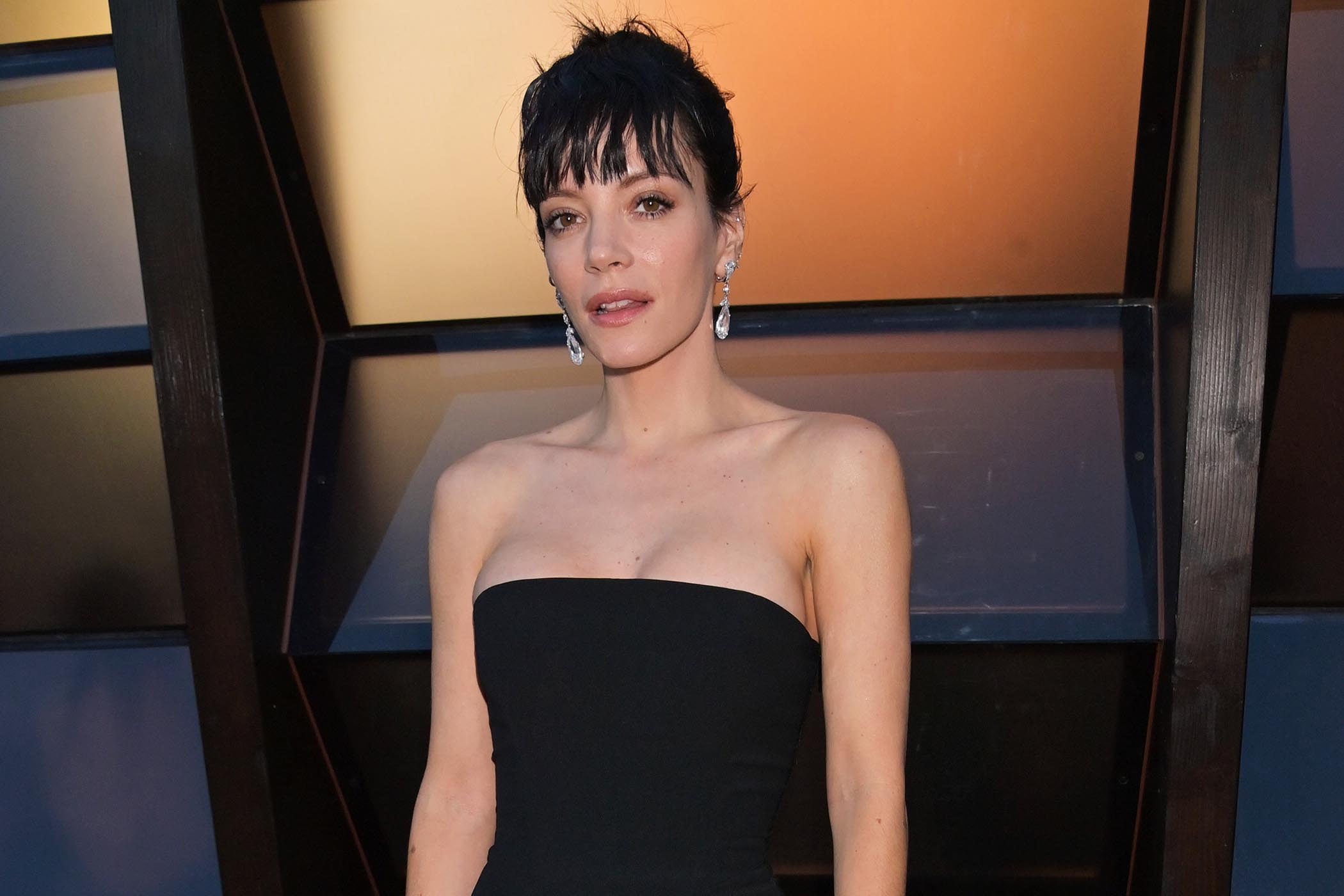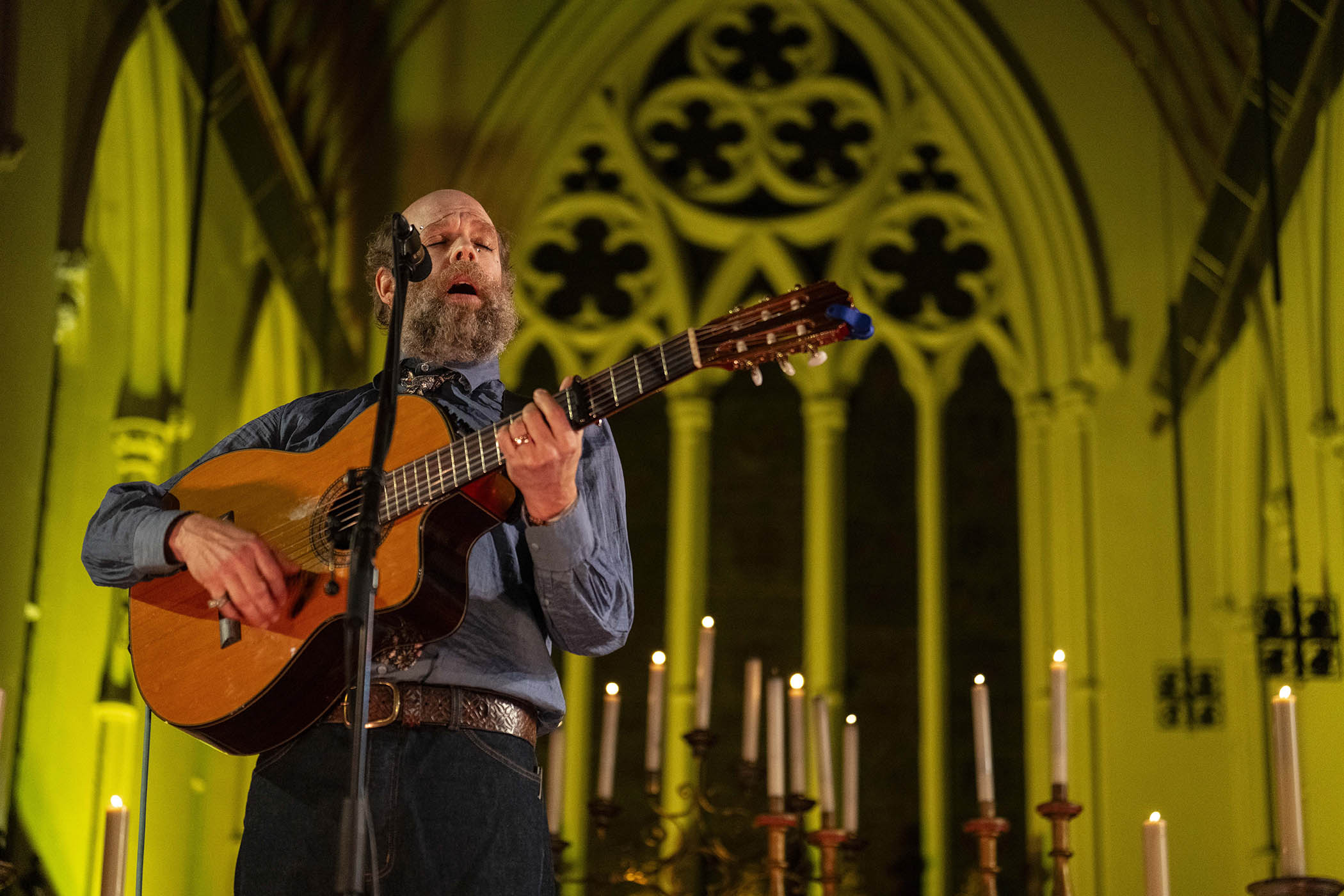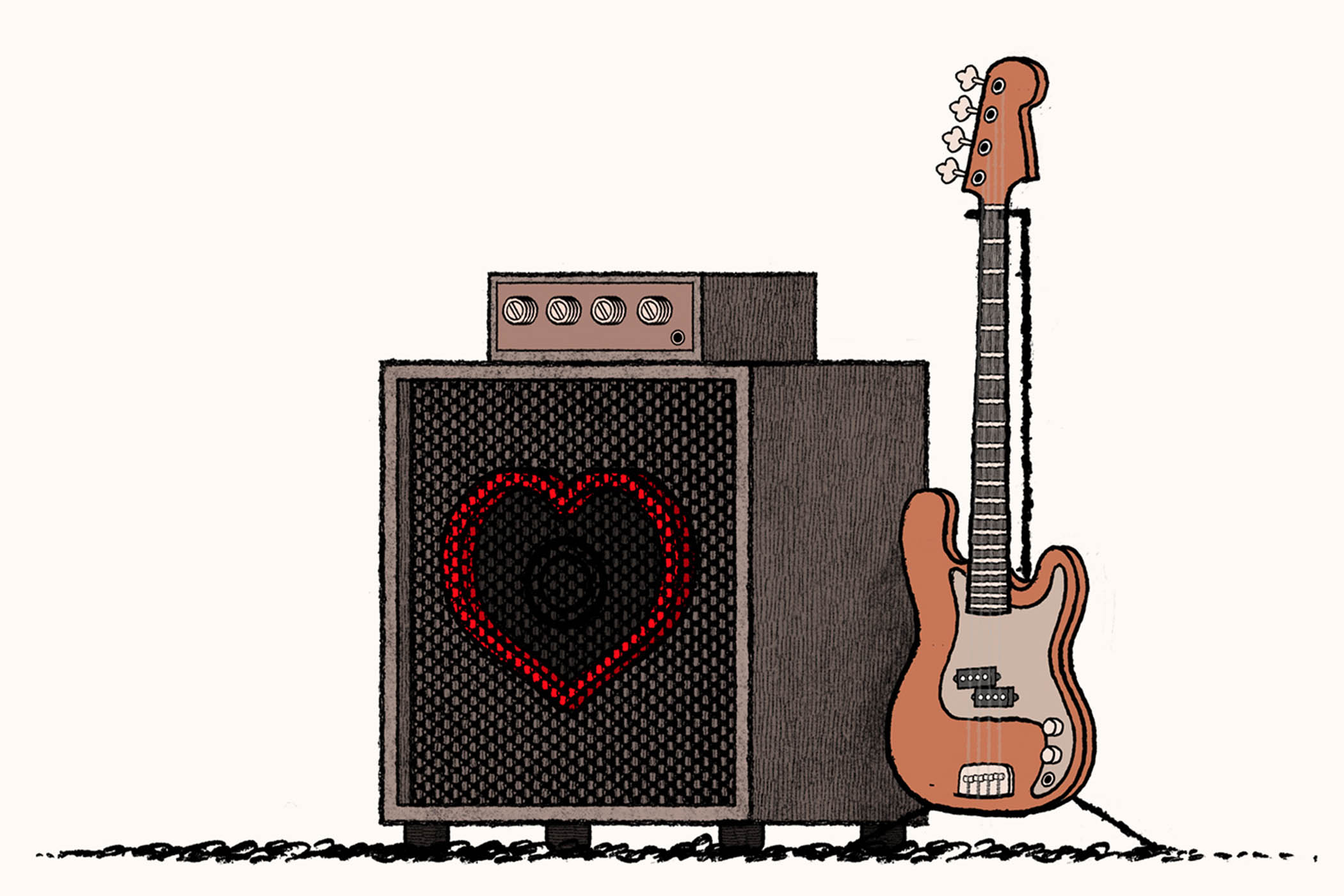Before Lily Allen revealed the salacious details of her marriage on her latest album, the confessional mode was already undergoing something of a rehabilitation. Once dismissed as indulgent, unserious, or “too online”, the art of telling one’s own unfiltered story has become, for gen Z, the truest form of authenticity. We grew up knowing that the self, when shared, is both a weapon and currency, the quickest route to online fame and all its pitfalls.
Confessional writing began, of course, as a male preserve. St Augustine’s Confessions, Rousseau’s reckless self-exposure, Robert Lowell’s manic disclosures; each was hailed as an example of artistic and moral courage. But when women took up the form, it became “feminised”, and therefore trivialised. A Sylvia Plath poem about betrayal was hysteria; Anne Sexton was obscene; Eve Babitz promiscuous; Lena Dunham too much.
The imbalance lingers. Women who narrated their own mess have long been made to answer for it. But now these “oversharers” are being lauded and reclaimed by the younger generation. A Sinead O’Connor biopic is on its way, and Taylor Swift’s notoriety stems largely from lyrical inventories of her own heartbreak. The double standard is the oldest story there is, women’s emotion turned against them as evidence of their failure to control it.
Women who narrated their own mess have long been made to answer for it
Women who narrated their own mess have long been made to answer for it
That’s why Allen’s new album has struck such a nerve. The songs are full of fury, humour and bruised pride, but what makes them so compelling is the sense that Allen knows exactly what she’s doing. She wields her hurt precisely. Accusations that she has told us “too much” forget her 2018 album’s creed: No Shame. In an era when to be a woman online is to risk endless scrutiny, as Allen knows well, her candour moves beyond self-exposure into the fulfilment that lies at the heart of the confessional mode today.
What began as a male experiment in spiritual transparency has become, in women’s hands, a form of self-possession.
“People try to reveal the most intimate details of my life without permission,” Allen said. Now she’s revealing them herself. The affection for Allen’s album isn’t just about the voyeuristic thrill of oversharing, but the recognition that telling your own story before someone else does is still the surest form of power.
Oversharing, for Allen, isn’t a loss of control. It’s proof that she has taken it back.
Related articles:
• Listen to Liv Little and Miranda Sawyer discuss Lily Allen’s comeback album on the latest episode of We Have Notes
Photograph by Dave Benett/Getty Images
Newsletters
Choose the newsletters you want to receive
View more
For information about how The Observer protects your data, read our Privacy Policy



